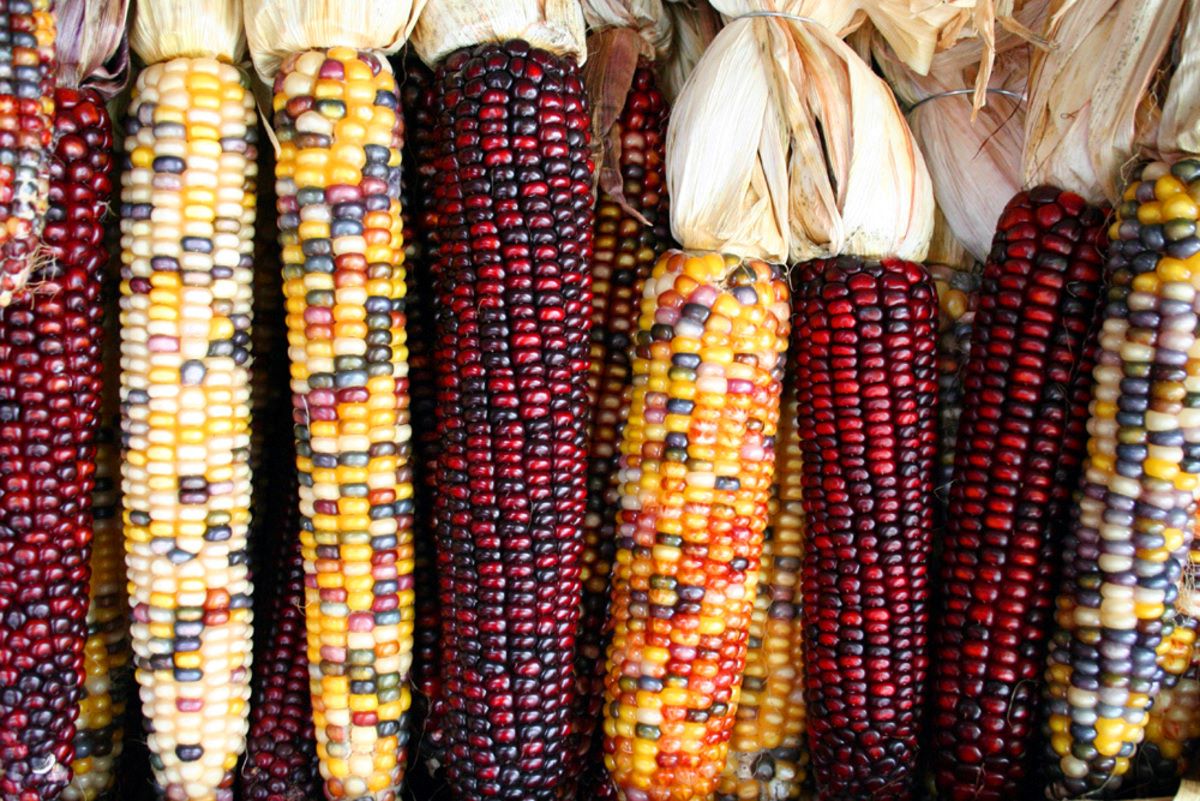
What is aleurone? Aleurone is a protein-rich layer found in seeds, particularly in grains like wheat, barley, and maize. This layer surrounds the endosperm and plays a crucial role in seed development and germination. Why is aleurone important? It contains essential nutrients, enzymes, and vitamins that support the growth of the seedling. How does aleurone benefit humans? Consuming grains with aleurone can provide dietary fiber, antioxidants, and other health benefits. Did you know? Aleurone cells help break down stored food in the seed, making nutrients available for the growing plant. This layer is often removed during the milling process, which is why whole grains are more nutritious than refined grains. Curious about more aleurone facts? Keep reading to uncover 20 fascinating details about this vital seed component!
What is Aleurone?
Aleurone is a protein-rich layer found in seeds, particularly in grains like wheat, barley, and maize. This layer plays a crucial role in seed development and germination. Let's dive into some fascinating facts about aleurone.
Aleurone Layer in Seeds
The aleurone layer is essential for the seed's growth and development. Here are some interesting details about this vital component.
- Aleurone is the outermost layer of the endosperm in cereal grains. It surrounds the starchy endosperm and is rich in proteins and lipids.
- It plays a key role in seed germination by producing enzymes that break down stored food reserves, providing energy for the growing seedling.
- Aleurone cells are unique because they contain large amounts of protein bodies and oil droplets, which are crucial for the seed's nutrition.
- This layer is typically one cell thick in most grains, but in some species like barley, it can be several cells thick.
- Aleurone cells are alive at maturity, unlike the starchy endosperm cells, which die as the seed matures.
Nutritional Importance of Aleurone
Aleurone is not just important for the seed; it also has significant nutritional benefits for humans.
- Aleurone is rich in essential nutrients, including proteins, vitamins, and minerals, making it a valuable component of whole grains.
- It contains high levels of dietary fiber, which aids in digestion and helps maintain a healthy gut.
- Aleurone is a good source of antioxidants, which can help protect the body against oxidative stress and reduce the risk of chronic diseases.
- It has been shown to have anti-inflammatory properties, which can benefit overall health and reduce the risk of certain diseases.
- Consuming aleurone-rich foods can help regulate blood sugar levels, making them beneficial for people with diabetes.
Aleurone in Food Processing
The aleurone layer has a significant impact on food processing and the quality of grain-based products.
- During milling, the aleurone layer is often removed along with the bran, resulting in refined grains that lack many of the nutrients found in whole grains.
- Whole grain products retain the aleurone layer, providing more nutritional benefits compared to refined grain products.
- Aleurone can affect the texture and flavor of grain-based foods, contributing to a richer taste and a more satisfying texture.
- It can also impact the shelf life of grain products, as the oils in the aleurone layer can become rancid if not stored properly.
- Researchers are exploring ways to incorporate aleurone into refined grain products to enhance their nutritional value without compromising taste or texture.
Aleurone and Plant Breeding
Aleurone also plays a role in plant breeding and agricultural practices.
- Breeding programs aim to enhance the aleurone layer in grains to improve their nutritional content and health benefits.
- Genetic modifications can increase the protein content of the aleurone layer, making grains more nutritious.
- Aleurone's enzyme production is crucial for developing grains with better germination rates and growth potential.
- Understanding aleurone's role in seed development can help create more resilient crop varieties that can withstand environmental stresses.
- Research on aleurone can lead to innovations in sustainable agriculture, improving food security and reducing the environmental impact of farming.
Final Thoughts on Aleurone
Aleurone, a vital component of cereal grains, plays a crucial role in seed development and nutrition. Packed with proteins, vitamins, and minerals, it supports plant growth and human health. This layer helps in breaking down stored food in seeds, ensuring proper germination. For humans, aleurone offers dietary fiber, aiding digestion and promoting gut health. Its antioxidant properties protect cells from damage, contributing to overall well-being. Understanding aleurone's benefits can lead to better dietary choices and improved agricultural practices. Whether you're a farmer, nutritionist, or just curious about food science, appreciating aleurone's significance enriches your knowledge of grains and their impact on health. So next time you enjoy a bowl of cereal, remember the tiny aleurone layer working behind the scenes to boost your nutrition.
Was this page helpful?
Our commitment to delivering trustworthy and engaging content is at the heart of what we do. Each fact on our site is contributed by real users like you, bringing a wealth of diverse insights and information. To ensure the highest standards of accuracy and reliability, our dedicated editors meticulously review each submission. This process guarantees that the facts we share are not only fascinating but also credible. Trust in our commitment to quality and authenticity as you explore and learn with us.


